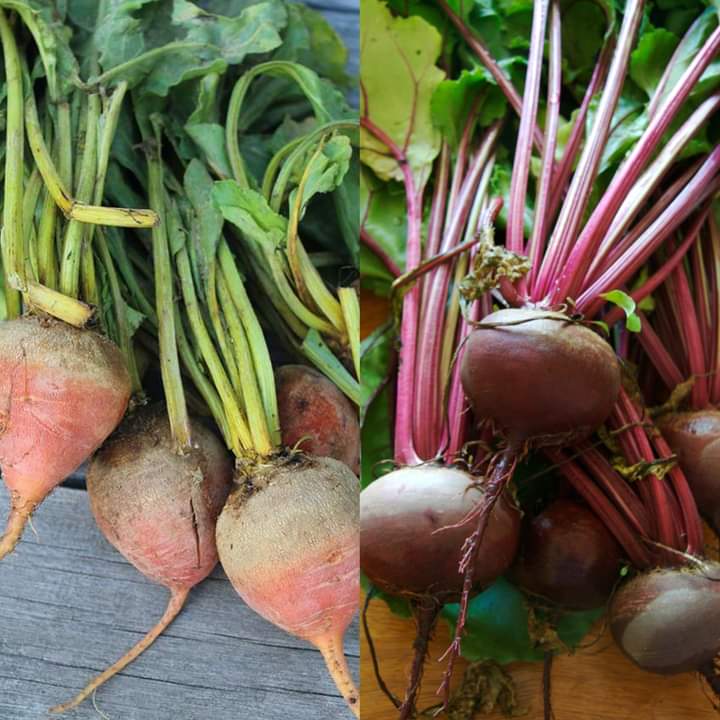Ingredients
Beetroot, often simply called beets, is a root vegetable known for its deep crimson color and numerous health benefits. Rich in essential vitamins, minerals, and antioxidants, beets offer a variety of medicinal properties that can boost overall health. Here’s a look at the top 10 health benefits of incorporating beetroot into your diet.
1. Boosts Stamina
Beetroot is rich in nitrates, which are converted into nitric oxide in the body. This improves blood flow and oxygenation, boosting physical stamina and enhancing athletic performance.
2. Lowers Blood Pressure
The nitrates in beetroot help widen and relax blood vessels, leading to lower blood pressure. Regular consumption can have a beneficial effect on blood pressure levels over time.
3. Supports Liver Health
Beetroots contain betaine, a compound that helps prevent or reduce fatty deposits in the liver. Betaine also protects the liver from toxins.
4. Fights Inflammation
Beetroots are a good source of antioxidants and anti-inflammatory compounds that help reduce the risk of chronic diseases and inflammation in the body.
5. Rich in Nutrients
Beets are low in calories and fat, yet high in essential nutrients, including folate, manganese, potassium, iron, and vitamin C.
6. Enhances Brain Health
The high nitrate content in beets may increase blood flow to the brain, thereby improving mental and cognitive functions. This is particularly beneficial in older adults and can help manage conditions like dementia.
7. Cancer Prevention
The powerful phytonutrients that give beetroot its deep crimson color may help to ward off cancer. Research has shown that beetroot extract reduced multi-organ tumor formations in various animal models when administered in drinking water.
8. Aids in Digestive Health
Beetroots are high in dietary fiber, which is beneficial for digestive health. It helps prevent constipation and promotes regularity for a healthy digestive tract.
9. Supports Heart Health
The fiber, potassium, and nitrates in beets help to support a healthy heart. Potassium helps muscles and nerves work properly, while the fiber reduces the risk of cardiovascular diseases by lowering cholesterol levels.
10. Regulates Blood Sugar
Beets have a low glycemic load, meaning they release sugars slowly into the blood, which helps to maintain steady blood sugar levels.
How to Include Beetroot in Your Diet
- Juiced: Beetroot juice is a popular way to consume beets and can be mixed with other fruits and vegetables to enhance its flavor and health benefits.
- Roasted: Roasting beets brings out their natural sweetness and makes for a delicious side dish or salad topping.
- Boiled or Steamed: This method is great for salads, side dishes, or as part of a healthy meal.
- Pickled: Pickled beets are a tasty addition to meals, offering the same health benefits with added flavor from the pickling process.
Conclusion
Beetroot offers a wealth of health benefits due to its unique combination of vitamins, minerals, and antioxidants. Whether juiced, roasted, or pickled, adding beetroot to your diet can enhance your physical stamina, improve your cardiovascular health, and support overall well-being.
